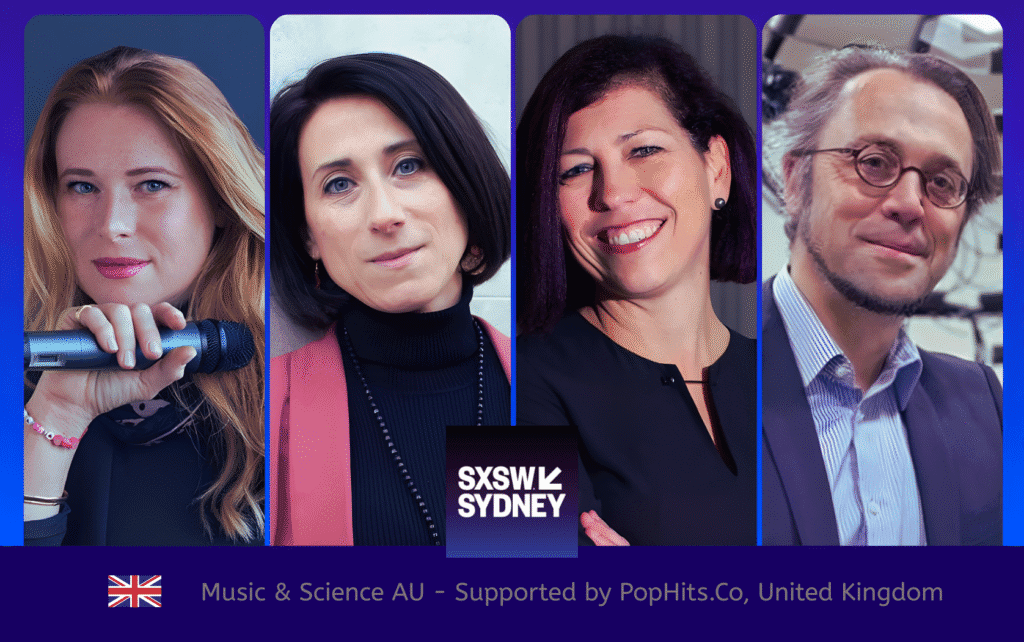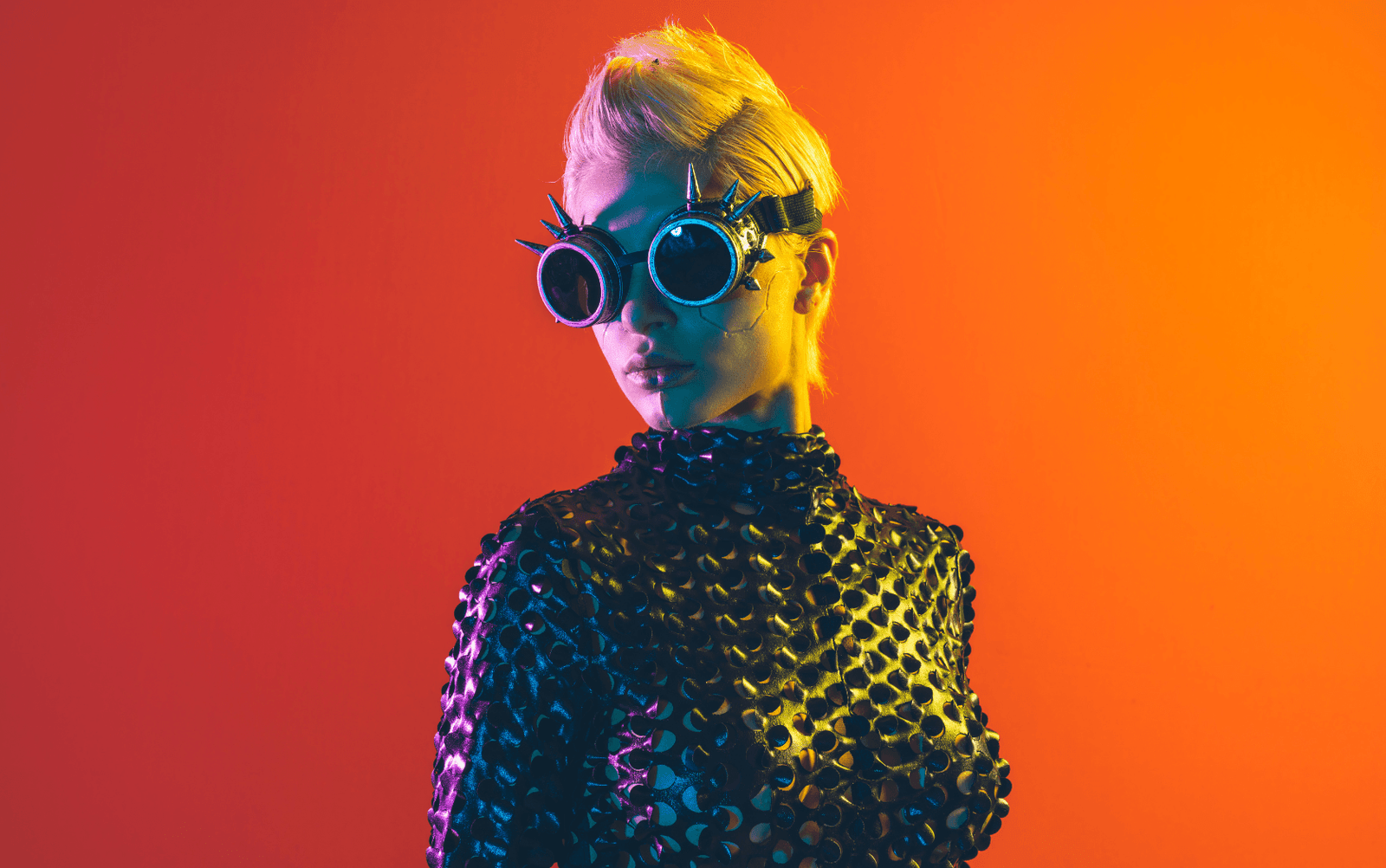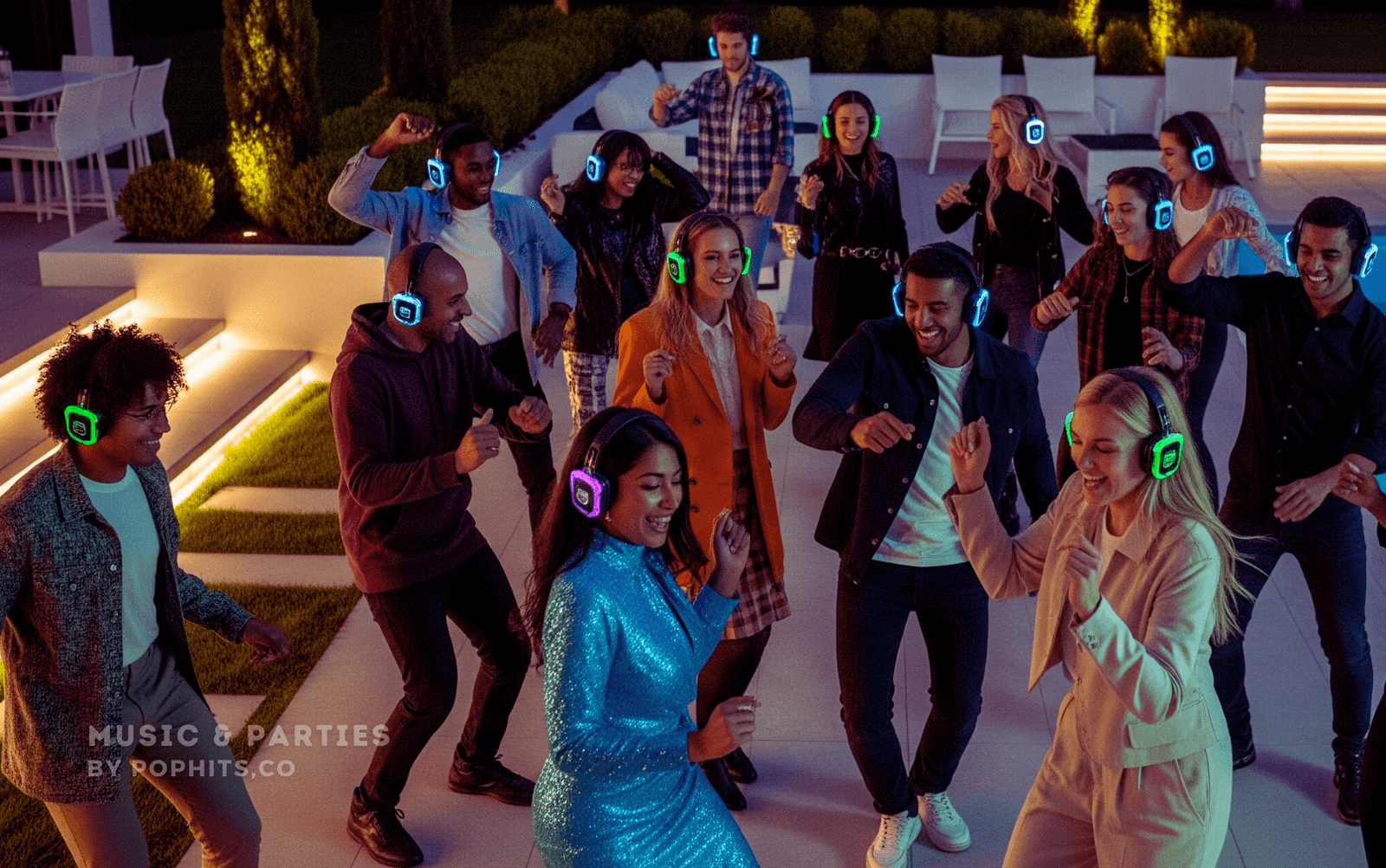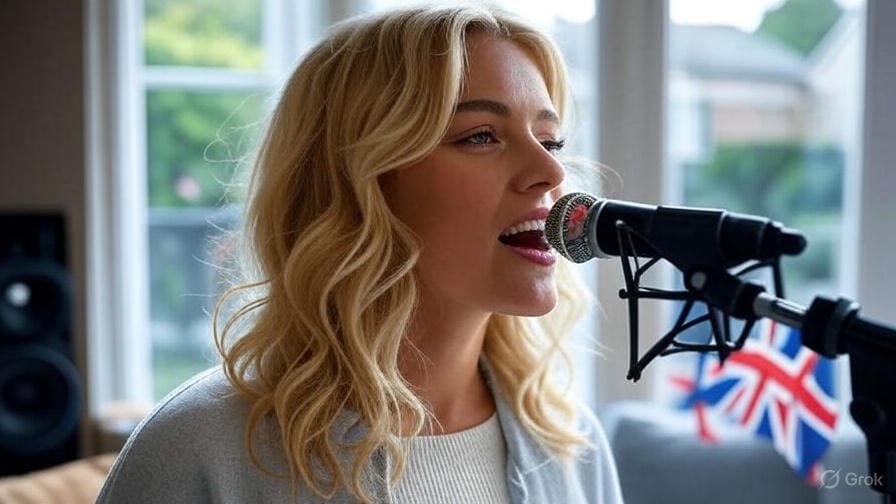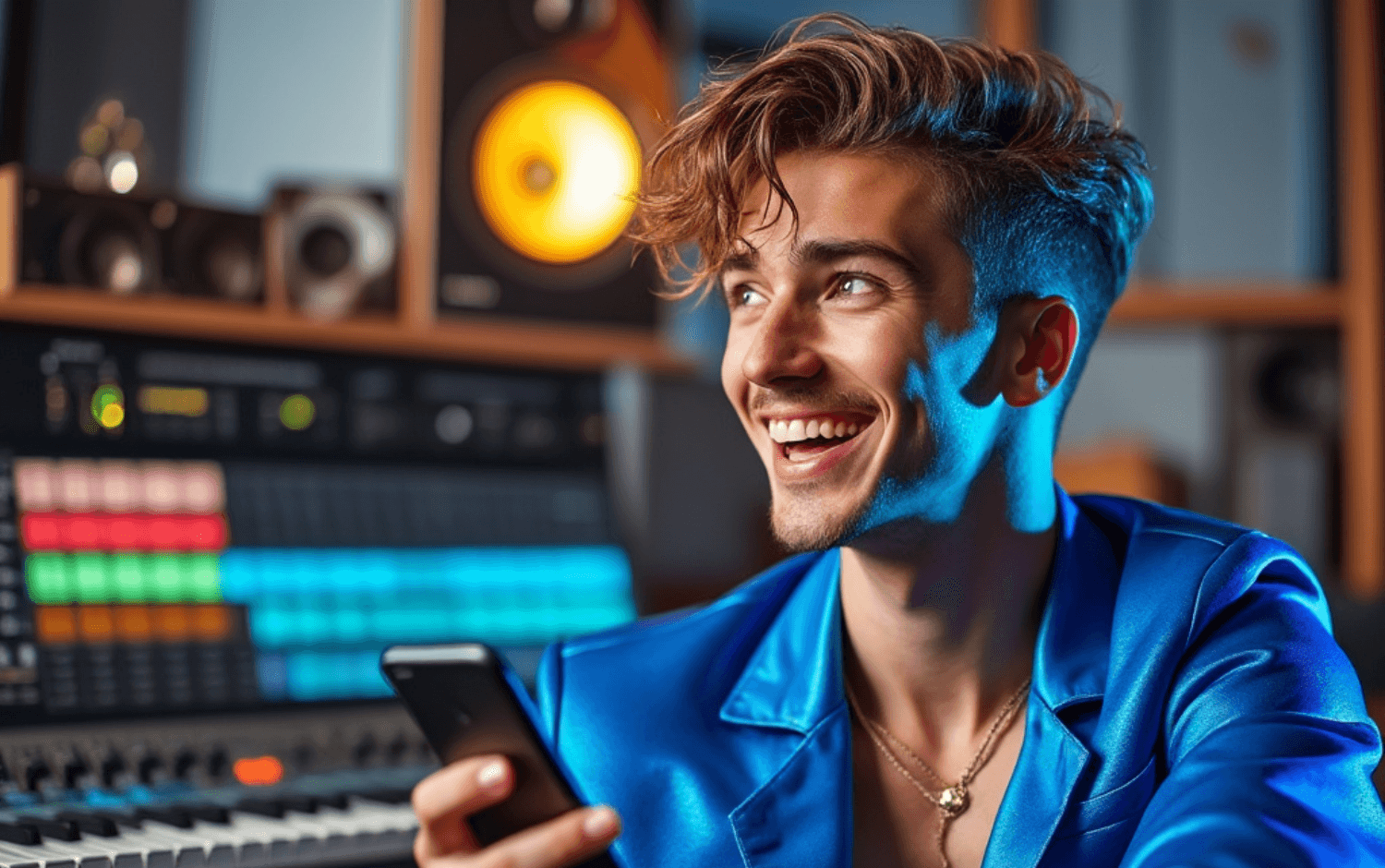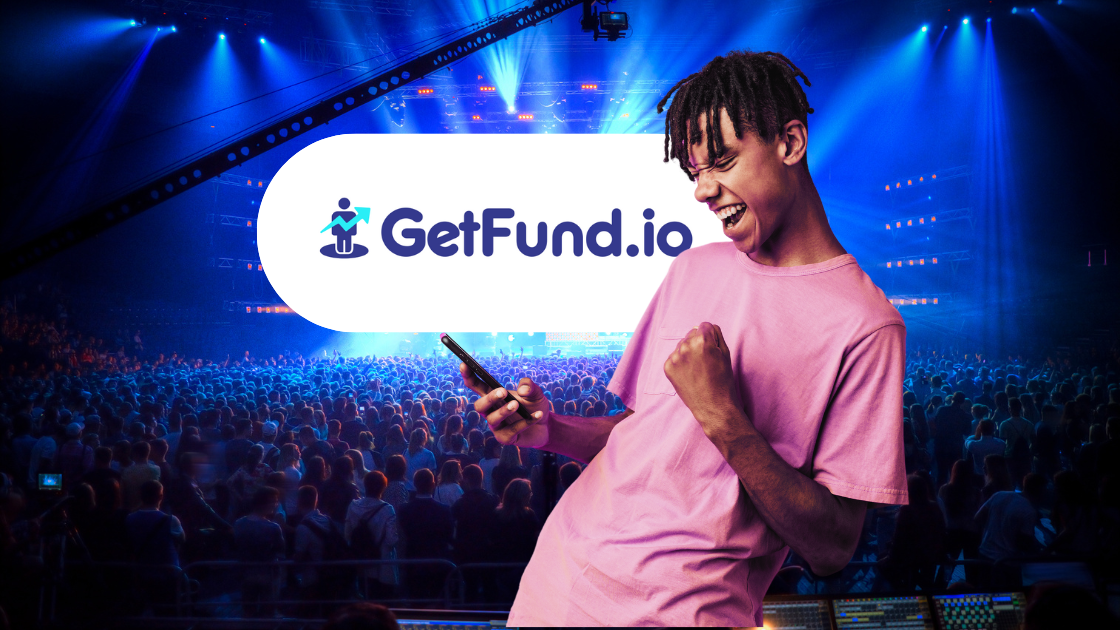
How to use AI in music by PopHits.Co
Breaking Down the Myths and Realities of AI in Music Production
For independent artists aiming to break through in the music industry, finding innovative methods to elevate their creative processes is crucial. Artificial Intelligence (AI) is emerging as a game-changer in music composition and production, offering exciting opportunities to enhance creativity and streamline workflows. This article explores the profound impact AI is having on the music world, focusing on the benefits it brings to independent musicians and the ethical questions it raises.
Discover how AI can transform your music creation process, facilitate producing unique and innovative sounds, and help you navigate the challenges of maintaining artistic authenticity. We’ll cover practical tips for integrating AI into your workflow, debunk common myths, and provide insights into the future of AI in music.

Key areas this article addresses include:
- Leveraging AI tools to revolutionize music creation
- The influence of AI on artistic creativity and music production
- Ethical considerations and demystifying AI in the music industry
- Practical advice for independent artists to embrace AI technologies
Join us on this exploratory journey and learn how AI can be a powerful ally in your musical endeavors, helping you stand out and succeed in an increasingly competitive industry. Get ready to unlock new possibilities and advance your music career with the aid of Artificial Intelligence.


Navigating the AI Revolution: Key Insights for Music Creators
The rise of artificial intelligence (AI) is reshaping the music industry in profound ways. For musicians and industry professionals, adapting to this transformation is essential for continued success. What steps can you take to stay ahead in this rapidly changing environment? Here’s a fresh perspective on navigating AI’s impact on music.
1. Cultivate a Thoughtful Approach
AI as an Enhancement Tool: AI is not here to replace human creativity, but to complement and expand it. Understanding its strengths and limitations will help you use AI to its full potential.
Engage in Creative Prompts: Think of working with AI as an interactive dialogue rather than a series of commands. Your prompts guide AI to produce outcomes that align with your creative vision.
Reflect on Co-Creation: AI challenges traditional notions of authorship. Embrace this shift and consider its ethical and legal ramifications.
Example: In a collaborative project, musicians worked with AI to generate music inspired by endangered bird calls, sparking debate on creative ownership and ecological awareness.

2. Harmonize Innovation with Authenticity
Navigating Synthetic Sounds: While AI offers vast creative possibilities, it can also lead to homogenized results. Strive for a balance between technological exploration and maintaining your unique voice.
Redefining Creativity: AI’s ability to generate content from vast datasets forces us to reevaluate what it means to be original. Find ways to honor creativity in an AI-integrated world.
Confronting Bias: AI can unintentionally perpetuate biases. Use it wisely to foster inclusivity and diversity in your music.
Example: A streaming service used AI to recommend playlists, initially reproducing existing gender biases. A revised algorithm now offers a more balanced selection, spotlighting underrepresented artists.
3. Prioritize Ethics and Sustainability
Collaborative Ethics: The ethical development of AI in music requires cooperation amongst artists, technologists, and policymakers. Working together ensures AI benefits all facets of the industry.
Adaptive Legal Guidelines: The rapid pace of AI advancements calls for flexible legal frameworks that address intellectual property and ethical considerations effectively.
Transparency Builds Trust: Public acceptance of AI relies on transparency. Educate your audience about AI’s role in your creative process to foster informed discussions.
Example: An indie label openly shares how they use AI to mix tracks, increasing transparency and trust among their artist roster and listener base.

4. Embrace New Artistic Models
AI in Creative Projects: Integrate AI into your work to explore new avenues of creativity and audience engagement. This can redefine your creative process.
Digital Personas: Some artists are creating digital counterparts to engage with fans and generate customized content, opening innovative collaboration possibilities.
AI-Created Content: Entirely AI-generated music projects challenge our perceptions of artistry and originality, pushing the boundaries of what’s possible.
Example: A virtual pop star, developed entirely by AI, has amassed a significant following, paving the way for discussions about the future of performance art.
Resources to Explore
- Soundgen AI: Discover how AI can assist in music production without overshadowing your unique sound.
- AI for All Musicians: A valuable guide to AI tools that can enhance your creative workflow.
- Research Mate AI: This virtual assistant helps you organize and analyze project notes for more efficient research.
- AI’s Musical Impact: Explore how AI is disrupting the music industry in unprecedented ways.
- Blockchain Music: Learn about blockchain’s potential in creating secure, virtual music worlds beyond its financial uses.
By integrating these strategies, you can navigate the AI evolution in the music industry, unlocking new heights of creativity and innovation.
Are you an indie creative in need of funding? Check this out: You have the chance to earn $1000, and it only costs $2 to enter the pool. This could be a great opportunity to support your creative projects – GetFund.io is Cooperative Funding System for independent artists and creatives.

[mailerlite_form form_id=1]

Streaming Culture Sets the Stage for a New Era of Free Play
